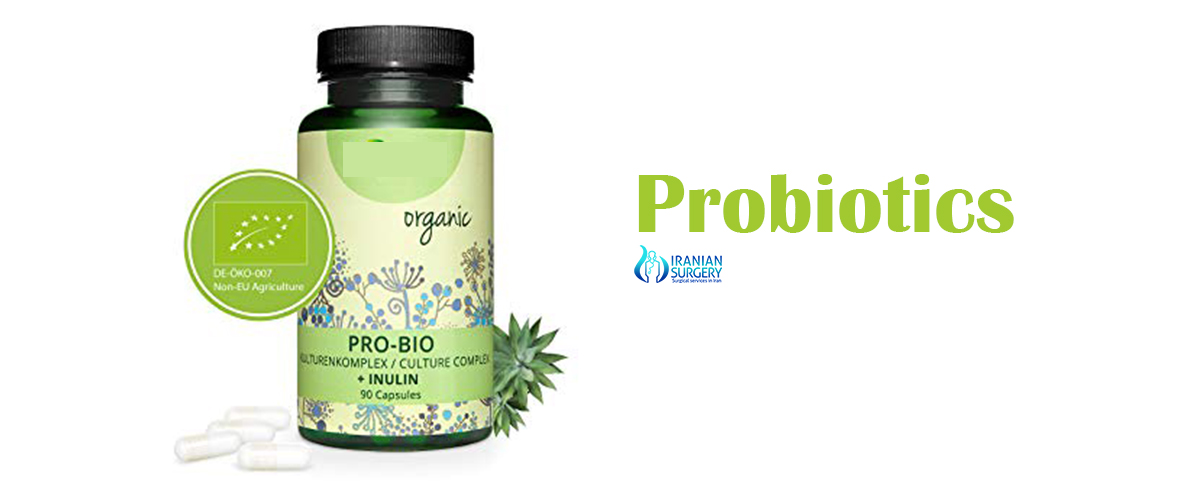Probiotics

Probiotics
In humans, the large intestine is host to more than 1,000 species of microorganisms, mostly bacteria, numbering in the tens of trillions.Probiotic” in the context of dietary supplements is the theory that by orally consuming specific live bacteria (or yeast) species, it is possible to influence the large intestine microbiota, with consequent health benefits. Although there are numerous claimed benefits of using probiotic supplements, such as maintaining gastrointestinal health, in part by lowering risk of and severity of constipation or diarrhea, and improving immune health, including lower risk of and severity of acute upper respiratory tract infections, i.e., the common cold, such claims are not all supported by sufficient clinical evidence. A review based on interviews with dozens of experts in microbiome research expressed concern about “…how biomedical research is co-opted by commercial entities that place profit over health.”The concern is timely, as through 2021, probiotic supplements are expected to be the fastest growing segment of the dietary supplement market worldwide, while at the same time, the global health benefits market for probiotic-containing yogurt (a food, not a dietary supplement) is declining.
As with all dietary supplements, in the United States inappropriate label health claims such as preventing or treating disease are opposed by the FDA and deceptive advertisements by the Federal Trade Commission. Probiotic foods and dietary supplements are allowed to make claims using Structure:Function vocabulary as long as human trial evidence is adequate. In 2005, the FDA issued a Warning Letter to UAS Laboratories for disease treatment claims (colds, flu, ulcers, elevated blood cholesterol, colon cancer…). The company revised label and website content and continued to sell the product. In 2011 the company was found to have resumed the label and website claims, and the FDA seized product and stopped production. In 2010 a FTC action was brought against a probiotic food company for exaggerated health claims, resulting in a multimillion-dollar fine and revisions to future advertising. In the European Union a more restrictive approach has been taken by the EFSA. All proposed health claims were rejected on the grounds that the science was not sufficient, and no health claims are permitted. Foods with live microorganisms (yogurt, kefir) can be sold, but without claims.
Probiotic supplements are generally regarded as safe. The greatest concern, evidenced by reviews reporting on case studies, is that for people with compromised gut wall integrity there may be a risk of systemic infection. For this reason, probiotic research is expected to exclude bacteria species that are antibiotic resistan.

